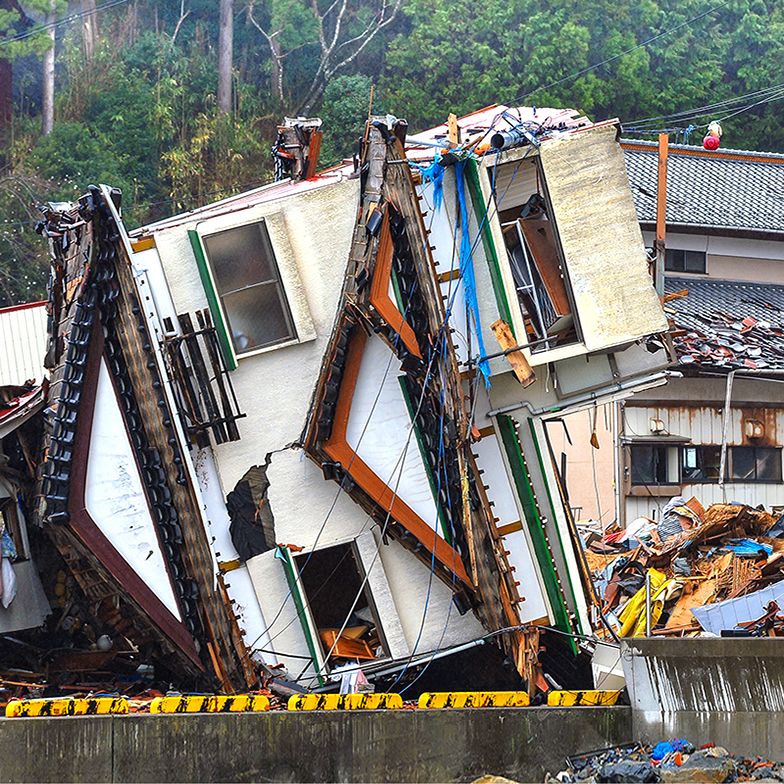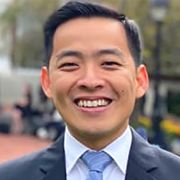Asia Pacific
Asia Pacific
The gathering drew about 130 attendees, including 60 alumni who participated in the course as students and Tōhoku-based project partners. The Tōhoku region had just experienced yet another major earthquake in February that caused injuries, landslides, power and transportation outages, and $1.3 billion in damages.
Takeuchi says, “our plans for a joyful celebration of Tōhoku’s rise from the 2011 disaster” shifted to a show of gratitude and continued support for local civic and business partners and others who have worked with the HBS course over the years. “We wanted them to know we have not forgotten them.”
“The disaster took away so many things from us, but our ties to HBS students—future leaders of the world—have planted seeds of recovery. I hope we can stay connected to them as we work to open up the future together.”

“The disaster took away so many things from us, but our ties to HBS students—future leaders of the world—have planted seeds of recovery. I hope we can stay connected to them as we work to open up the future together.”
Hands-On Learning
Immersive Field Courses, offered for the first time in 2012, give second-year MBA students the opportunity to apply their learning hands-on with project partners across the globe for two weeks each January. Takeuchi’s decision to embark on the inaugural Japan trip involved a realistic assessment of both the logistical challenges and educational opportunities of the experience. But taking students to a disaster area entailed unprecedented planning.“It was an amazing chance for students to test their management skills and pitch in on disaster cleanup—to both learn and grow as human beings,” he recalls. “But my first concern was how to keep everyone safe from radiation poisoning.”
With help from MIT Media Lab researchers, who devised a car-mounted Geiger counter to chart a safe zone where the group could travel and work, plans quickly progressed. “The JRC found businesses to partner with, and I reached out to CEOs I knew at companies such as Uniqlo (Fast Retailing), Lawson, Yamato Transport, and a hospital chain,” Takeuchi notes. “No one could believe Harvard students would travel 7,000 miles to help.”
Unforgettable Lessons Since the Japan IFC started, more than 300 students have conducted volunteer work in the area (with small businesses, nonprofit organizations, and local towns), garnering unforgettable lessons in crisis leadership, entrepreneurship, and economic revival. Some of their projects are documented in HBS cases written by Takeuchi in collaboration with students—such as Google Japan’s response and recovery efforts and a regional fishing cooperative’s plan to rebuild its decimated workforce.
Kenichi Nonomura (MBA 2012), who was on the first Tōhoku trip and attended the virtual reunion, contributed to the case study “The Great East Japan Earthquake (B): Fast Retailing Group's Response.” Reflecting on the experience, Nonomura, now managing director of IDEO Tokyo, notes, “The best cases capture decisions made by courageous people in times of trial. I believe Tōhoku’s continuing journey offers lessons leaders around the world can learn from and take to heart for years to come.”
Understanding Post-Pandemic Global Supply Chains

Student Perspective on Entrepreneurial Journey

